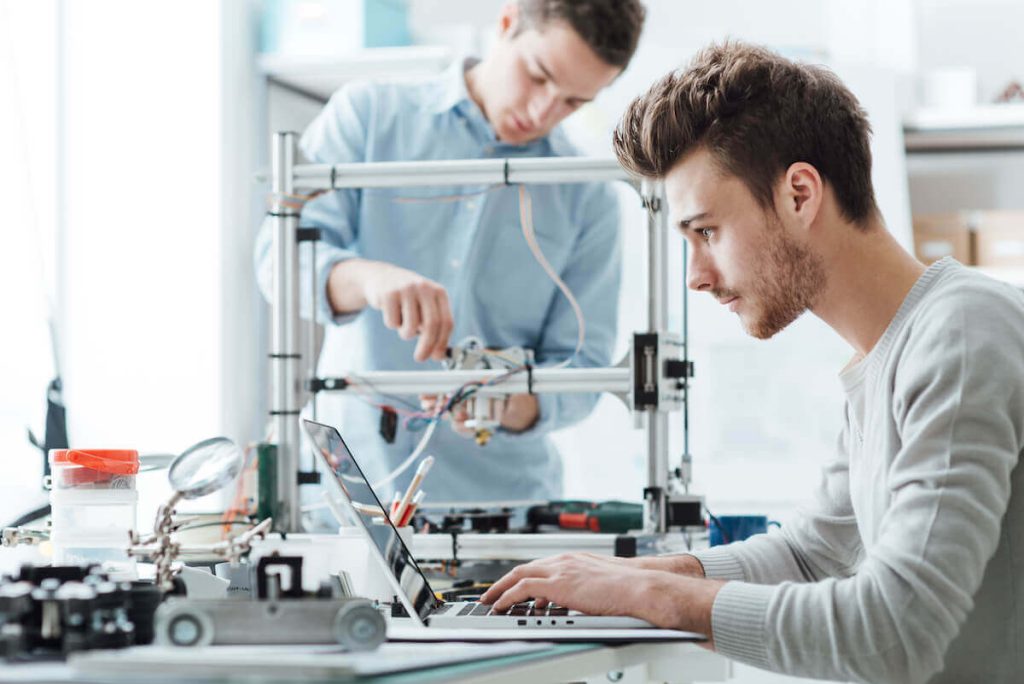
- The podcast explores key considerations when selecting testing labs for calibration, compliance, and reliability testing, highlighting their unique roles and value in quality assurance.
- Reliability testing stands apart by requiring customized test plans and consulting to ensure products meet expected performance and environmental standards.
- Selecting a reliable testing lab requires understanding compliance requirements, conducting risk analyses, and engaging in meaningful dialogue to confirm a lab’s expertise and capabilities.
This podcast focuses on the nuances of selecting and working with different types of testing labs—calibration, compliance, and reliability labs. Calibration labs ensure measurement tools and equipment meet precise standards, which is critical for maintaining product quality. Compliance labs focus on meeting regulatory and legal requirements for various markets, often involving tests for certifications like CE marking or FCC compliance. In contrast, reliability labs specialize in validating product durability and performance under real-world conditions, often involving tailored test plans developed in collaboration with the client.
Reliability testing is emphasized as a consultative process requiring in-depth discussions to align testing plans with the product’s intended use, reliability targets, and environmental conditions. Unlike compliance or calibration testing, which often follow established standards, reliability testing adapts to the unique requirements of each product. This customization ensures that products are designed and validated to perform reliably, whether they are simple giveaways or complex devices used in challenging environments like vehicles or boats.
The discussion highlights the importance of understanding compliance requirements and conducting risk analyses to choose the right testing approach. For instance, regulatory standards like ISO/IEC 17025 are critical for calibration and compliance labs, ensuring they meet industry-accepted standards. However, reliability labs focus more on consulting expertise than accreditations. Companies must engage with labs to assess their competencies, confirm test results, and ensure processes align with their quality expectations. Ultimately, the right lab partnership can significantly enhance product quality and compliance while reducing risks and costs.


Leave a Reply
You must be logged in to post a comment.